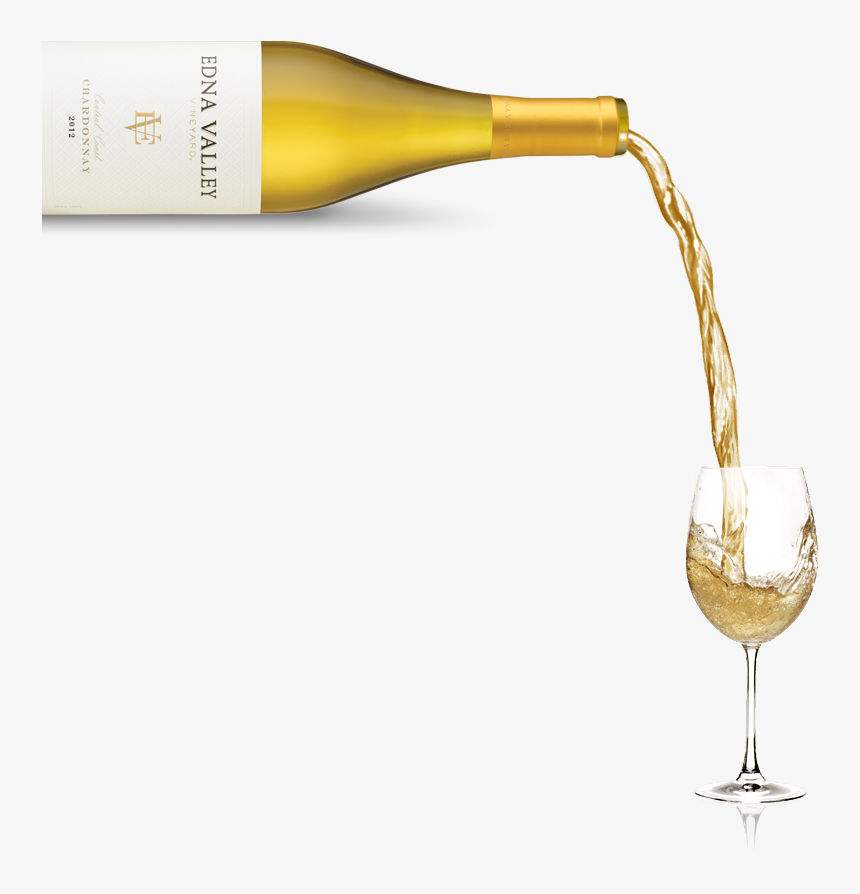The Mediterranean island of Corsica has a rich and storied history of wine production, dating back for millennia.
Like many in North America, your intrepid liquor reporter’s introduction to the island of Corsica was the classic 1984 movie The Corsican Brothers, starring and directed by the master thespian duo of Cheech & Chong.
Due to oddities of history, Corsica is an island only 11km north of the Italian island of Sardinia, but is part of France, which is 170km away. Culturally, Corsica is entirely French, but the locally grown grapes are primarily Italian varietals.
Grapevines were originally planted by Greek traders in 570BCE, but really took off when the Romans arrived in 35BCE, opening the market for Corsican wines to the rest of the Roman Empire.
Winemaking was forbidden in Corsica between the 8th to 13th centuries, while the island was under Islamic rule, but eventually became a vassal of the Republic of Genoa, in the days before there was a unified Italy.
For the next 500 years, the Genoese had a monopoly on Corsican wine exports, with nearly all being shipped to the port city of Genoa for consumption by the nobility, as Corsican wine was highly sought at the time.
In 1769, Corsica was transferred from Italian to French control, with its most famous citizen being the short and grumpy Napoleon Bonaparte, who later went on to become Emperor of the French, and instigator of the Napoleonic Wars that rocked Europe to its foundations in the early 1800’s.
The Corsican wine industry was on the brink of collapse in the 19th century, with a crumbling economy and most of its citizens emigrating elsewhere in Europe. Surprisingly, it was the Algerian War of Independence from France that saved the Corsican wine industry from complete destruction.
When Algeria won independence from France in 1962, a mass emigration of French vintners from Algeria to Corsica caused a renaissance in the local wine trade, with the local government uprooting well-known grapes like Syrah and Grenache from the vineyards and replanting native Corsican varietals.
This was the birth of the modern wine industry in Corsica, and production has continually increased since then.
The entire island is a rocky and mountainous outcropping in the Tyrrhenian Sea, with vineyards occupying the entire perimeter low-lying perimeter, with most grapes planted close to 300m elevation.
The mountainous terrain means that most vineyards are planted on slopes, providing good drainage for the vines, which helps avoid mildew forming on the roots, and constant air movement over the slopes keeps the vines healthy.
The sea breeze provides a fairly consistent temperature between day and night, with the low diurnal temperature variation making for consistent and reliable harvests.
Corsica is known for a few noble varietals to the island, primarily the Niellucciu grape, which the rest of the world calls Sangiovese, also known as the Blood of the Lord. The Niellucciu grape produces a rich and full-bodied red wine, which is more distinctively aromatic than the genetically identical Sangiovese grapes that grow on the Italian mainland.
White wines are particularly popular in Corsica, with Vermentinu being the most widely planted. The volcanic soils provide a mineral tang to the wine structure, followed by a blast of citrus and stone fruit on the tongue.
Even with its increasing popularity, Corsica has only 18000 acres under vine, producing around 13 million bottles annually, most of which is consumed locally on the island. For an island not much bigger than our own Canadian province of PEI, this is still quite an accomplishment.
In the global wine trade, Corsica is a mere drop in the bucket, comprising less than 1% of France’s total wine production, which is one reason there are only a few Corsican wines available in Alberta, and only at particularly well-stocked booze merchants.
So, if you enjoy Italian wines, most of which contain Sangiovese, you are sure to enjoy Corsican wines, made with their own Sangiovese clone called Niellucciu, where the local terroir makes the wine unique to Corsica.
Corsican wines are not the easiest to find here in North America, but they pop up now and again at well-stocked booze merchants, so keep your eyes open for a wine from the land of Napoleon!







